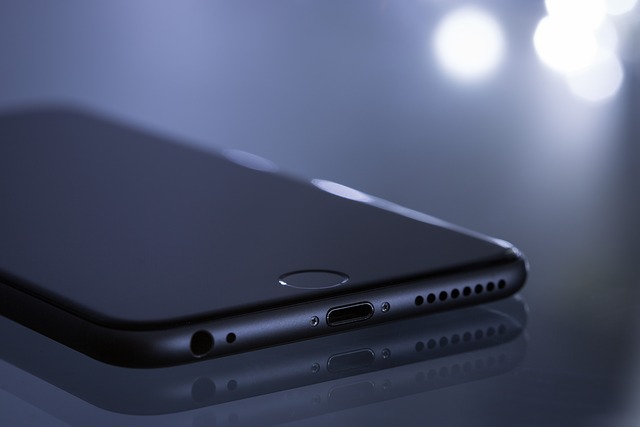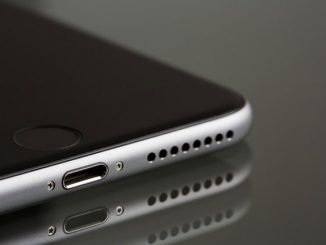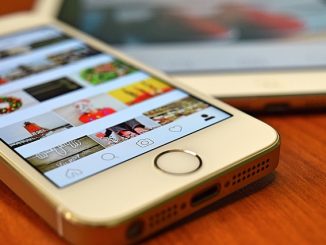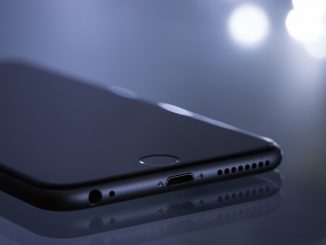
The digital landscape is under siege as Apple has issued an urgent alert to iPhone users about sophisticated spyware attacks. These attacks, primarily carried out by private entities, are targeting high-profile individuals with tools like Pegasus, created by the NSO Group. This malware can covertly infiltrate devices, stealing data, monitoring communications, and accessing cameras and microphones, all without the user’s consent.
Mercenary spyware like Pegasus is not a new phenomenon but has grown in sophistication, offering governments and other organizations the ability to conduct surveillance that bypasses typical security measures. The implications are severe, with Pegasus capable of real-time monitoring of a device’s activities, from calls and messages to activating the camera or microphone remotely.
In response, Apple has rolled out protective measures, including Lockdown Mode, which restricts certain device functionalities to minimize the risk of exploitation. This mode is particularly recommended for those at higher risks, like journalists or activists. Beyond this, Apple has pursued legal avenues against spyware vendors like NSO Group, aiming to restrict the sale and use of such invasive tools.
Detection has become a critical aspect of defense, with tools like ‘iVerify’ stepping in to offer users the ability to scan their devices for signs of spyware infection. Since its inception, iVerify’s Mobile Threat Hunting tool has successfully detected numerous Pegasus infections, providing a layer of security for those who might be targeted.
The reaction on platforms like X reflects a mix of concern and calls for action. Users express fear over the privacy implications, with @PrivacyMatters highlighting the terror of knowing such tools exist, and @TechEthicsNow labeling it as a wake-up call for all tech users to rethink device security. Proactive responses are also emerging, with @CyberSecurityPro advocating for regular updates and user awareness, while @DigitalRightsAdvocate pushes for stronger regulatory frameworks to curb the misuse of spyware.
There’s also a sense of cautious optimism about countermeasures. @ITSecurityGuru praises the development of detection tools like iVerify, suggesting they empower users, whereas @DataProtectionChamp calls for collaboration among tech companies to fight against privacy infringements.
For individual users, the advice from Apple is clear: stay updated. Regular software updates are crucial as they often include patches for newly discovered vulnerabilities. Being wary of unsolicited communications and reviewing app permissions can further fortify one’s defenses against spyware. Monitoring device behavior for signs of unusual activity is another recommended practice.
The issue of mercenary spyware underscores a broader narrative in digital security where the arms race between privacy protection and surveillance technology continues to escalate. As these tools become more advanced, the responsibility falls not only on tech giants like Apple (AAPL) to safeguard users but also on individuals to be vigilant and informed. The collective effort of technology companies, regulators, and users themselves will determine the future of digital privacy in an era where privacy can be compromised with just a click.
- Bulenox: Get 45% to 91% OFF ... Use Discount Code: UNO
- Risk Our Money Not Yours | Get 50% to 90% OFF ... Use Discount Code: MMBVBKSM
Disclaimer: This page contains affiliate links. If you choose to make a purchase after clicking a link, we may receive a commission at no additional cost to you. Thank you for your support!




Leave a Reply